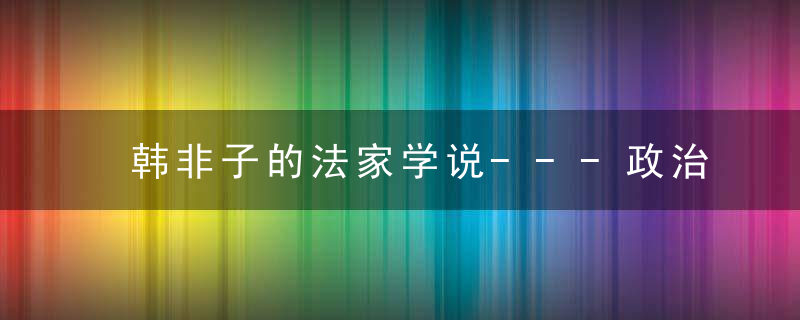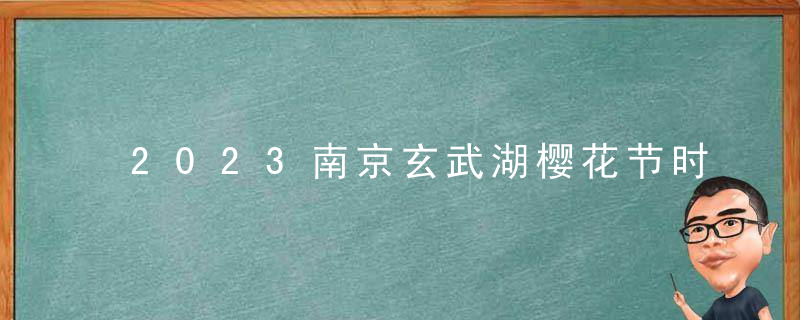初中英语语法(反意疑问句)
.jpg)
There aren't a lot of flowers in the garden in winter,are there?
There existed different opinions on this issue,didn't there?
2)当陈述部分是以不定代词one作主语时,反意疑问部分的主语在正式场合用one,在非正式场合用you。例如:
One cannot succeed at this,can one?
One cannot succeed at this,can you?
3)当陈述部分是I'm…结构时,反意疑问部分一般用aren't I。例如:
I am a student,aren't I?
4)当陈述部分是一个带有that引导的宾语从句的复合结构时,反意疑问部分一般根据主句的主语和谓语动词而定。例如:
You told me (that) I had passed the exam,didn't you?
He says that everybody in our class will attend the meeting,doesn't he?
但是,当陈述部分的主句是I think,I suppose,I believe等结构时,反意疑问部分则往往由that从句中的主语和谓语动词决定,并且要注意否定的转移。 例如:
I believe (that) it is going to rain,isn't it?
I don't think (that) he will come,will he?
5)当陈述部分的谓语动词是have时,反意疑问部分要根据have的意义及形式而定。
a.当have表示“所有”含义时,反意疑问可以用have形式,也可以用do形式。例如:
He has a book in his hand,hasn't he?
He has a book in his hand,doesn't he?
b.当陈述部分的动词是have的否定形式时,反意疑问部分是用have形式还是用do形式,取决于陈述部分的动词形式。例如:
You haven't a car,have you?
You don't have any money with you,do you?
c.当have不表示“所有”含义而表示其他含义时,反意疑问句则必须用do的形式。例如:
We had a good time in the vacation,didn't we?
He has his breakfast at seven everyday,doesn't he?
You have to get up early tomorrow,don't you?
6)当陈述部分带有never,nothing,nowhere,seldom,hardly,rarely,few,little等否定词或半否定词时,反意疑问部分的动词用肯定形式。例如:
The summit meeting never took place,did it?
You can hardly believe what he said,can you?
There is little ink in the bottle,is there?
Few people know this place,do they?
7)当陈述部分的谓语动词是带有un-,in-,im-,dis- 等否定前缀的动词,则仍然把陈述部分看作肯定句,那么反意疑问部分用否定形式。例如:
He is impolite to the teacher,isn't he?
He distrusted anybody around him,didn't he?
8)当陈述部分带有情态动词ought to时,反意疑问部分在英式英语中用ought to形式,在美式英语中用should形式。例如:
You ought to see the new picture,shouldn't you?
Teachers ought to be honoured,oughtn't they?
9)当陈述部分带有情态动词used to时,反意疑问部分可以用used to形式,也可以用did形式。例如:
She used to live abroad,usedn't she?
There used to be a news stand in the corner of the street,didn't there?
当陈述部分带有情态动词must时,反意疑问部分需视must的含义而定。
a.当must表示“命令或强制”时,反意疑问部分用mustn't。例如:
You must do it by yourself,mustn't you?
b.当must表示“有必要”时,反意疑问部分用needn't。例如:
You must see him tonight,needn't you?
c.当must表示“一定”或“想必”等推测意义时,反意疑问部分不用mustn't,而要根据must后的动词形式而定。例如:
He must be crazy to do so,isn't he?
She must have been there for a long time,hasn't she?
They must have stayed at home last night,didn't they?
10)当陈述部分带有need时,反意疑问部分需视need的含义而定。如果need用作情态动词,则反意疑问部分用need形式;如果need用作实义动词,表示“需要”,则反意疑问部分用do形式。例如:
You needn't go there,need you?
She needs to go there,doesn't she?
Plants need sun to grow,don't they?
11)当陈述部分带有I'd better或I'd rather时,反意疑问部分用hadn't或wouldn't。例如 :
You'd better finish the task before tomorrow,hadn't you?
He'd rather stay with us,wouldn't he?
12)当陈述部分是祈使句时,反意疑问部分一般用will you,won't you,would you。例如:
Don't be too late,will you?
Close the door,won't you?
Come here,will you?
Open your books,would you?
陈述部分是以Let's开头的祈使句时,反意疑问部分用shall we;若是以Let us开头的祈使句,反意疑问部分则用will you。例如:
Let's have a party tonight,shall we?
Let us have a look at your pictures,will you?
注意, 如果祈使句是否定形式,那么反意疑问句只能用will you。例如:
Don't forget to bring your notebooks here tomorrow,will you?



















